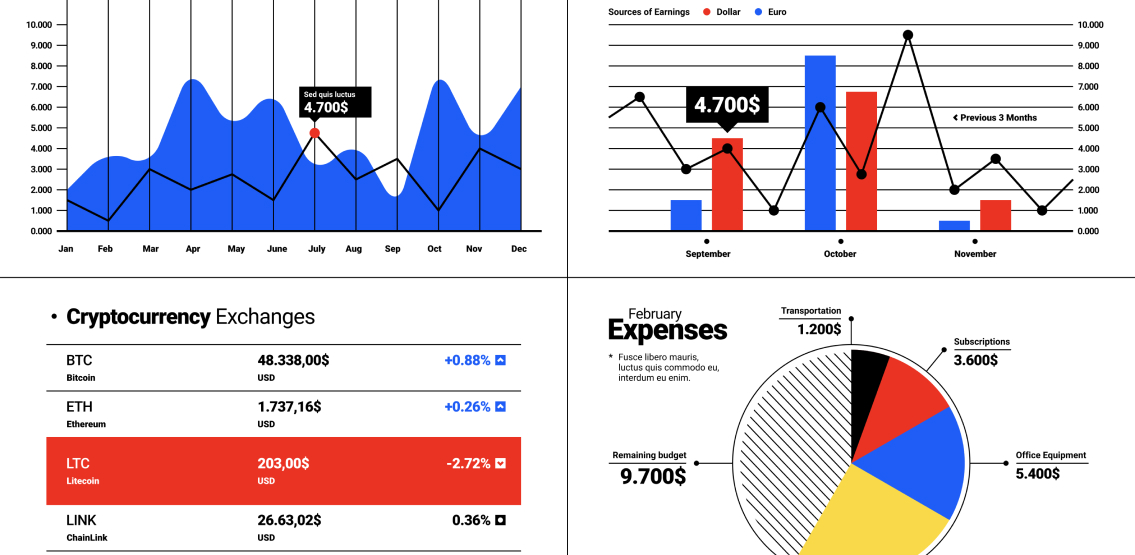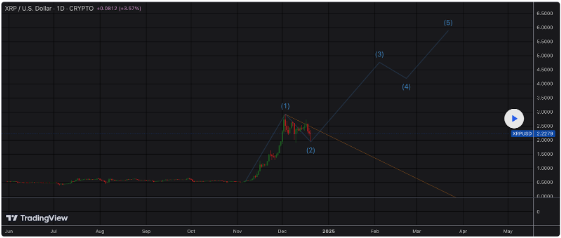According to a report published by KPMG, entitled “Pulse of Fintech H1’21’, investment into the cryptocurrency sector is already greater over the first 6 months of this year, compared with the whole of 2020.
One of the reasons given by the report for the larger inflows of money into cryptocurrencies was the “evolving nature of investors”. far more institutional interest is combined with a far greater awareness and understanding of cryptocurrencies by investors in general.
“H1’21 saw an explosion of activity in the blockchain and crypto space. We’ll likely see this trend continue, with focus stretching across the crypto ecosystem — from cryptocurrencies and trading platforms to NFTs, alternative asset trading, and support structures. The space will also see a more diverse range of investors considering investments in the space.”
The VC market was also cited as being really “hot” as regards cryptocurrencies, and the growing number of $100 million + funding rounds for the perceived potential of crypto companies continues at pace.
BlockFi ($350 million), Paxos ($300 million), Blockchain.com ($300 million) and Bitso ($250 million) are among those highlighted.
The increasing traction in the NFT sector was also brought to the attention. The NFT space has the potential to be used for many new assets, which include real estate and other “more fragile assets which can be tokenized or fractionalized”.
Regulation was mentioned, stating that “cryptocurrencies continued to be a critical focus for some regulators”, but this did depend on the regulatory jurisdiction. While China had banned companies from providing cryptocurrency-related services, El Salvador had announced that Bitcoin would be legal tender from September of this year.
Looking to the future, the report highlighted that the cryptocurrency sector would continue to mature. There would be “stronger separation between cryptocurrency use and blockchain technologies, and there would be more of a focus on regulatory frameworks, particularly in India, where there was a move to recognise the sector as an asset class later this year.
Disclaimer: This article is provided for informational purposes only. It is not offered or intended to be used as legal, tax, investment, financial, or other advice.
Credit: Source link























